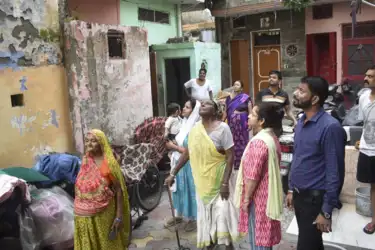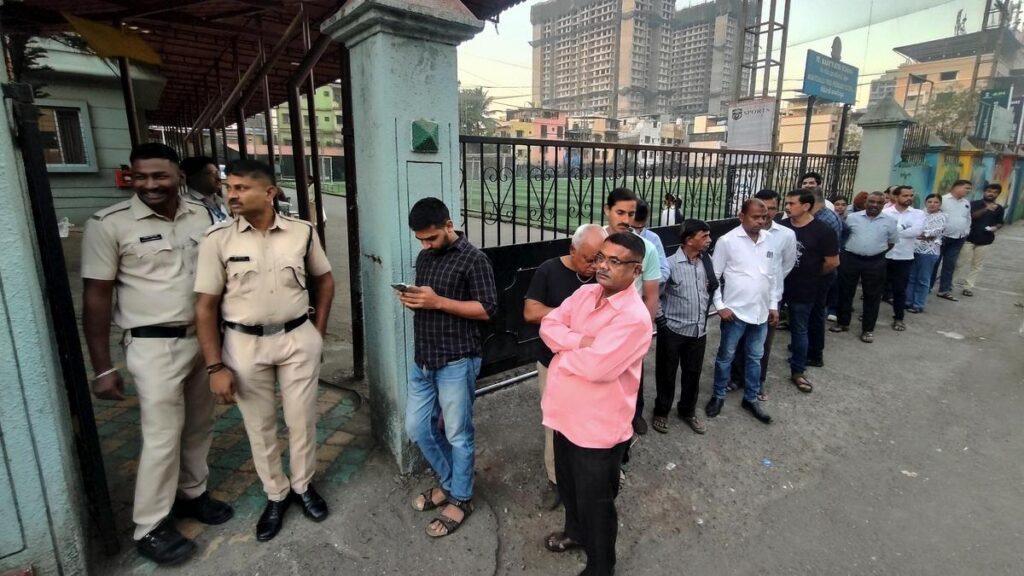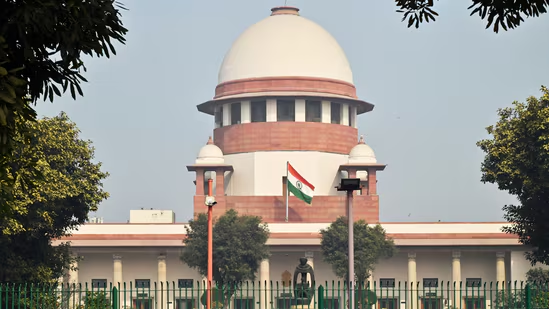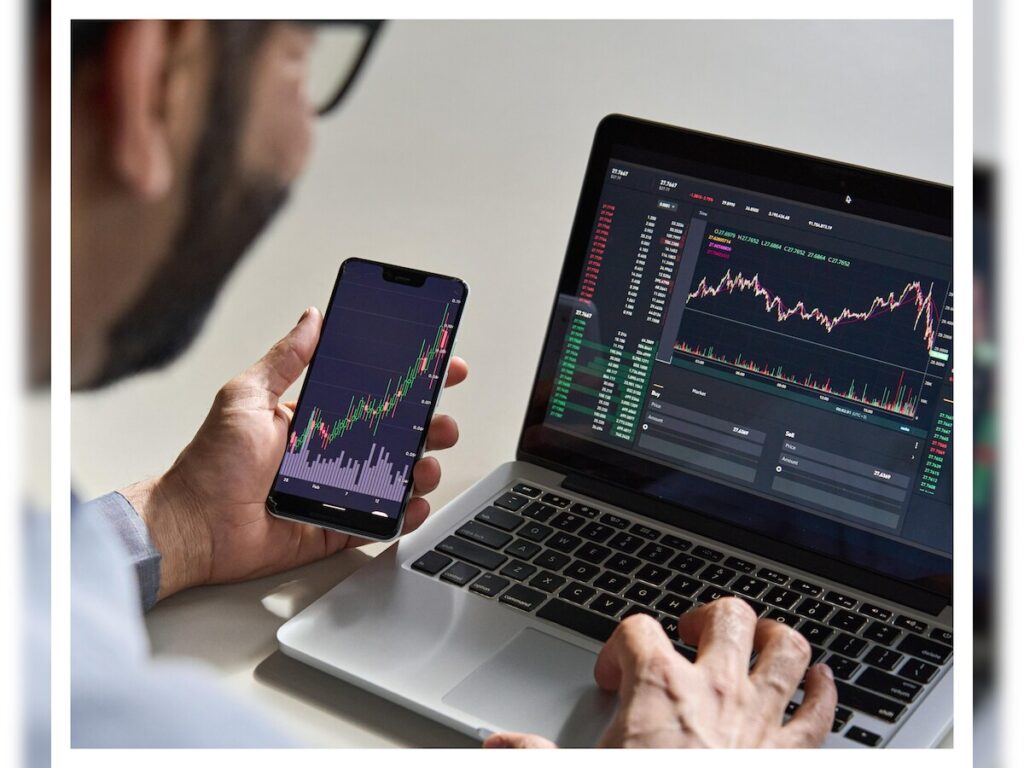Now Reading: Rise of Political ‘Dadagiri’ on Social Media Raises Concern in Mumbai and Beyond
-
01
Rise of Political ‘Dadagiri’ on Social Media Raises Concern in Mumbai and Beyond
Rise of Political ‘Dadagiri’ on Social Media Raises Concern in Mumbai and Beyond

In recent months, there’s been a noticeable rise in politically driven intimidation and show of power on social media, especially in Mumbai. Often referred to as “dadagiri,” this aggressive behaviour by certain political supporters or local leaders is no longer limited to physical spaces—it has now moved online, creating an atmosphere of unease not just in metros but also in Tier 2 cities observing similar trends.
From Streets to Screens: The New Age of Influence
Traditionally, political muscle-flexing was a matter of street presence, rallies, or physical control over territories. However, the digital age has given rise to a new form of domination—one where influencers, party workers, and youth wings use platforms like X (formerly Twitter), Instagram, and WhatsApp to assert their power and silence critics.
In Mumbai, several incidents have come to light where social media posts criticising political figures were met with threats, trolling, or even visits from party workers. This behaviour, once seen as isolated, is now becoming a pattern.
The Impact on Common Citizens
For the average citizen, especially the youth and content creators in smaller cities like Nashik, Nagpur, and Surat, this digital aggression can be intimidating. Many hesitate to share political opinions online for fear of backlash, trolling, or being “called out” by groups claiming loyalty to political parties.
Even local journalists and social media influencers, who play a major role in shaping public opinion, are finding it harder to maintain neutrality in the face of pressure.
Legal and Civic Concerns
While India allows free expression, the use of digital platforms to threaten, shame, or harass goes against the spirit of healthy democratic debate. Legal experts warn that such acts may fall under cyberbullying or online harassment, punishable under Indian law.
However, enforcing these laws is often complicated when political identities are involved, leading many victims to remain silent rather than file complaints.
Changing the Tone of Political Dialogue
Several civil society groups and political commentators are urging for more responsible behaviour online, especially by those affiliated with political parties. They argue that disagreement should never turn into intimidation, and that healthy debate is key to any functioning democracy.
In cities where young voters are actively participating in online discourse, this shift in tone is necessary to maintain open, respectful conversation.
Conclusion
The growing culture of online “dadagiri” tied to political loyalties is a worrying trend, particularly in cities like Mumbai that influence nationwide digital behaviour. As this form of intimidation spreads to Tier 2 cities, it raises critical questions about freedom of expression, digital ethics, and political accountability. Addressing this issue is not just about law enforcement—it’s also about restoring civility and respect in India’s digital public space.

























